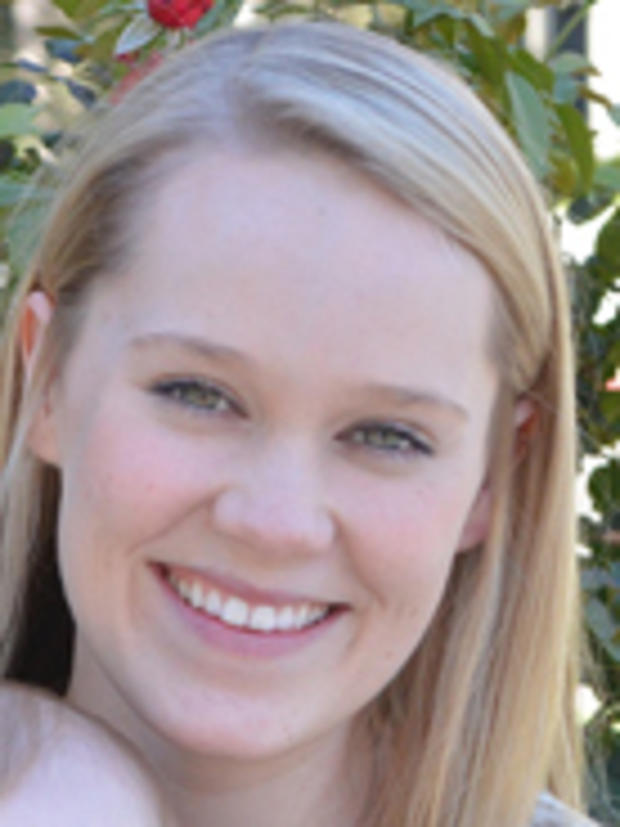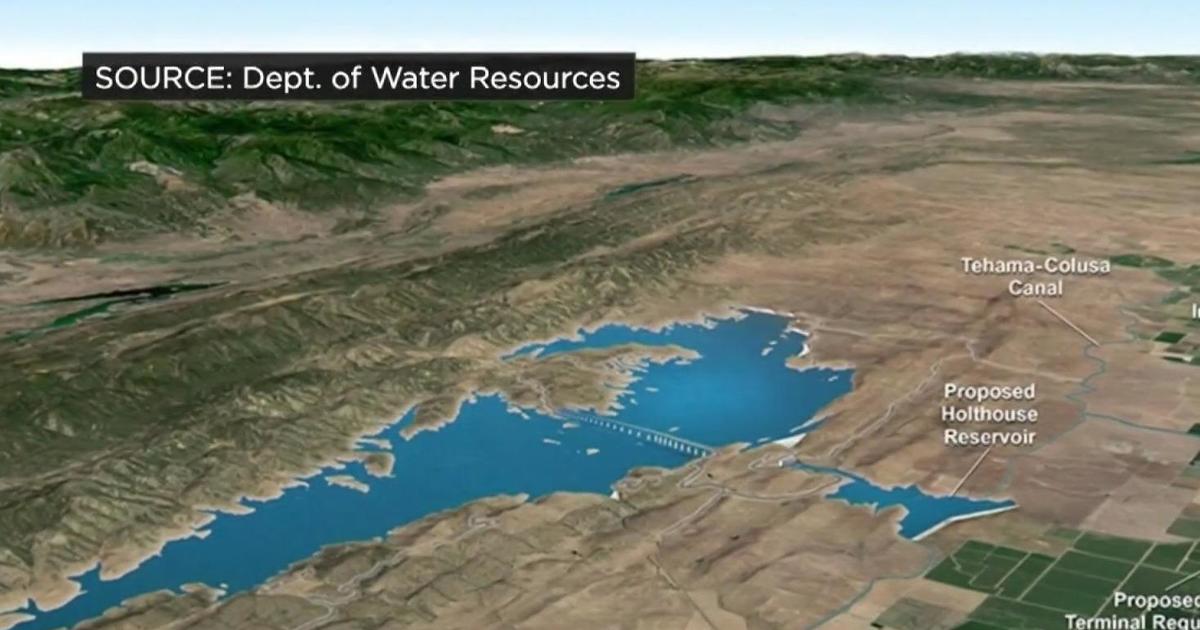Sacramento GIS Specialist Used Her SMART's To Find Her Career Path
Elizabeth Stevens-Klein is a Geographic Information Systems specialist, known as a GIS, for the United States Army Corps of Engineers in its Sacramento office. As a GIS specialist, she works with engineers, planners and resource managers and assists in planning engineering projects and maintaining data and maps. The software she works with correlates different types of data such as demographic; socioeconomic; administrative and political boundaries; land use; infrastructure; and environmental and transportation networks.
The United States Army Corps of Engineers nationally employs approximately 37,000 civilian and 650 military men and women. Its engineers, scientists and other specialists work in environmental and engineering matters.
Stevens-Klein has a degree in geography and environmental studies from University of Colorado in Colorado Springs. When Stevens-Klein first applied, she was uncertain on what career path to take.
"I was introduced to Geographic Information Systems and it encompassed all that I like to do which includes math, science and analysis. I didn't have to pursue one specific area by focusing on GIS since it encompasses all subjects including technology."
Stevens-Klein researched and found the Department of Defense scholarship which allowed her to quit her job and focus on school full-time. The Science, Mathematics and Research for Transformation Scholarship for Service Program, also known as SMART, is offered to support undergraduate and graduate students pursuing degrees in technology, science, engineering and mathematics disciplines. "There was a job offer after I graduated and my school was paid for," she explained.
Stevens-Klein believes a degree in GIS is important and useful in every subject. It also allows a person to find a career anywhere they want to live with many different companies.
"It allows for flexibility, and for students who are worried about the economy, I believe it is very helpful to have a GIS background. There are so many fields you can enter including: remote sensing, data collection, computer science, and data base management. Google Maps is technically GIS and if you have the right background, you can work for Google if you want."
Debbie Hall is practically a Las Vegas native (34 years and counting) and loves experiencing everything in Southern Nevada from the Las Vegas Strip to the surrounding mountains and Lake Mead. She also teaches at the University of Nevada, Las Vegas and loves sharing her knowledge. Her work can be found on Examiner.com.




